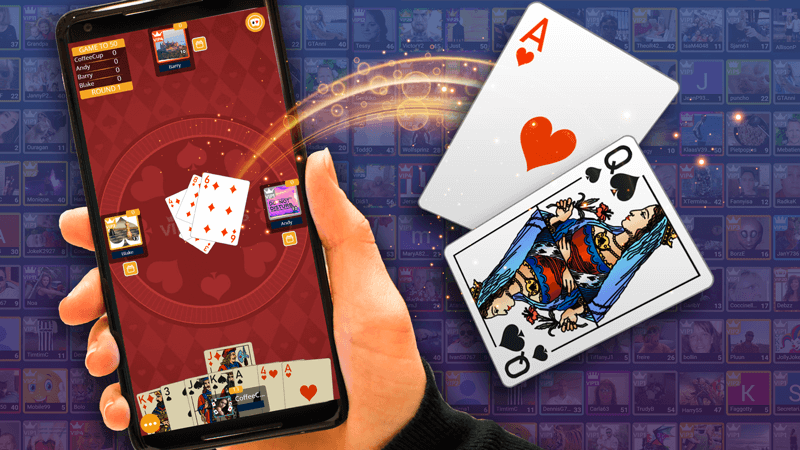Online gaming has transformed from a niche pastime into a cultural phenomenon that spans the globe. With millions of players engaging in various genres, the online gaming landscape is diverse and ever-evolving Megaxwin. This article explores the evolution of online games, their cultural significance, the technology that powers them, and the impact they have on society.
The Evolution of Online Gaming
The journey of online gaming began in the late 1970s with text-based games and rudimentary multiplayer experiences on mainframe computers. The introduction of the internet in the 1990s marked a significant turning point, paving the way for massively multiplayer online games (MMOs). Titles like “Meridian 59” and “Ultima Online” set the stage for immersive worlds where players could interact in real time.
The early 2000s witnessed the rise of MMORPGs, with “World of Warcraft” leading the charge. This iconic game not only popularized subscription models but also established a community-driven ecosystem, where players formed guilds, participated in raids, and engaged in intricate economies.
As technology advanced, so did the graphics and complexity of games. The transition from 2D to 3D graphics, alongside the emergence of high-speed internet, allowed for more detailed environments and smoother gameplay. Today, games like “Fortnite,” “Call of Duty: Warzone,” and “League of Legends” dominate the scene, combining fast-paced action with intricate strategies.
The Cultural Significance of Online Games
Online games have transcended mere entertainment; they have become cultural touchstones. They foster social connections, allowing players to interact across geographical boundaries. In many cases, friendships formed in virtual worlds spill into the real world, creating lasting bonds. This social aspect has become increasingly important, especially during events like the COVID-19 pandemic, where gaming provided a vital means of connection.
Additionally, online games often reflect contemporary societal issues. Many games incorporate themes of conflict, cooperation, and morality, prompting players to confront real-world dilemmas within a virtual context. Titles like “Papers, Please” and “This War of Mine” challenge players to make difficult ethical decisions, fostering discussions about empathy and responsibility.
The Technology Behind Online Gaming
The technology that powers online gaming is as dynamic as the games themselves. Cloud gaming has emerged as a game-changer, allowing players to stream games without the need for high-end hardware. Services like Google Stadia and NVIDIA GeForce Now are making high-quality gaming more accessible to a broader audience.
Furthermore, the rise of virtual reality (VR) and augmented reality (AR) has opened new avenues for immersive experiences. Games like “Beat Saber” and “Pokémon GO” showcase how VR and AR can blend the digital and physical worlds, creating unique gameplay experiences.
Moreover, the integration of artificial intelligence (AI) is enhancing player experiences. AI-driven NPCs (non-playable characters) and adaptive difficulty levels are making games more engaging, providing tailored experiences for players of all skill levels.
The Economic Impact of Online Gaming
The online gaming industry is a major economic force, contributing billions to the global economy. According to recent reports, the gaming market is projected to surpass $200 billion by 2023. This growth has led to the creation of jobs in various sectors, including game development, marketing, and esports.
Esports, in particular, has exploded in popularity, turning competitive gaming into a spectator sport. Major tournaments attract millions of viewers, and professional gamers can earn significant incomes through sponsorships and prize money. Platforms like Twitch and YouTube Gaming have further fueled this trend, providing gamers with a platform to showcase their skills and connect with audiences.
